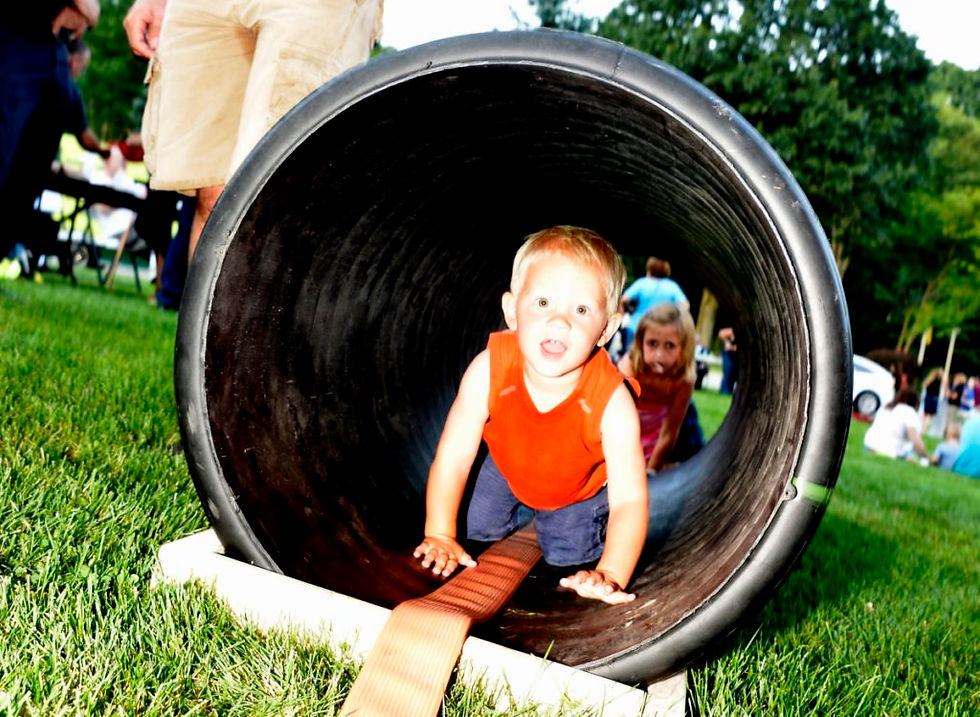What makes a junior firefighter program successful?
- Todd Evans

- Nov 20, 2019
- 2 min read
Updated: Nov 21, 2019
A junior firefighter program is what you put into it. A program that mentors and trains young people will bolster your fire department as they develop into full-fledged firefighters.

However, if all your juniors do is just push a broom or squeegee around for two years, good luck retaining or recruiting junior firefighters. They can go do that at a minimum wage job and at least get paid for it.
Of the 43 firefighters on my company, 8 of them, including myself, are former junior firefighters. The fact that 18 percent of our manpower came up through the junior program shows how valuable such a program can be to any volunteer fire department.
A successful junior program starts with defined objectives like:
- Introduce junior firefighters to department or company firematic and administrative operations
- Prepare junior firefighters for the fire academy
- Maintain the safety of junior firefighters during drills, training, emergency scenes, etc.
These objectives are a starting point so you can elaborate later what exactly you want the juniors to learn.
RECRUITMENT
When it comes to recruiting junior firefighters the two questions are "What is our ideal junior recruit?" and "How do we advertise the program to these ideal junior recruits?"
Example answers to these questions are:
- An ideal junior recruit is a teenager between the ages of 16 to 18 who after high school will be either directly entering the work force or commuting to college in-state.
- These ideal junior recruits will be reached using a multi-pointed community outreach plan including in school recruitment and advertising, and other events such as an open house with demonstrations.
MENTORING & INDOCTRINATION
When first joining a fire department it can be overwhelming, especially for an adolescent with less life experience. A firefighter assigned to the juniors as a mentor can help with the transition into the volunteer fire service.
Possible mentor duties:
- Co-leads the training regimen to prepare juniors for the fire academy
- Familiarizes juniors with the weekly, and monthly schedule for drills and meetings
- Familiarizes juniors with basic department or company firematic and administrative operations
- Makes him or herself available for extra hours training and tutoring juniors
TRAINING
This sections covers the basic knowledge a junior firefighter needs to begin assisting their department or company. A more detailed break down to prepare for the fire academy will be a forthcoming blog post.
Basic junior firefighter knowledge
- Incident command system
- Turnout gear orientation
- Fire apparatus types
- Fire apparatus tool location familiarization
- basic radio operation and etiquette
- Hose types and deployment
- Fire classes
- Extinguisher classes and deployment
As we all know people aren't busting down the doors to join the volunteer fire service so let's make the most out of our junior firefighter programs.
See you at the big one.







Comments